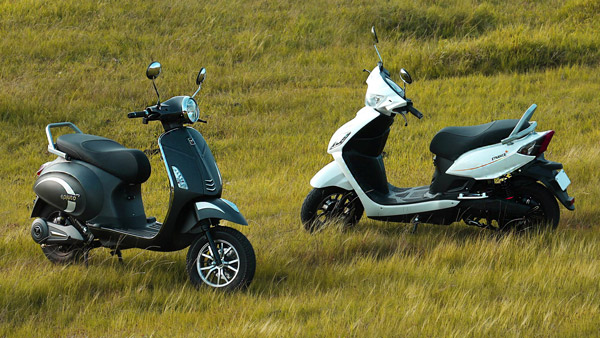
In the last few weeks, the EV industry has come under severe criticism from both skeptics and enthusiasts after multiple electric vehicles burst into flames. It isn't even an issue that pertains to one brand or model as the fires have occurred on multiple electric two-wheelers. This certainly is alarming.
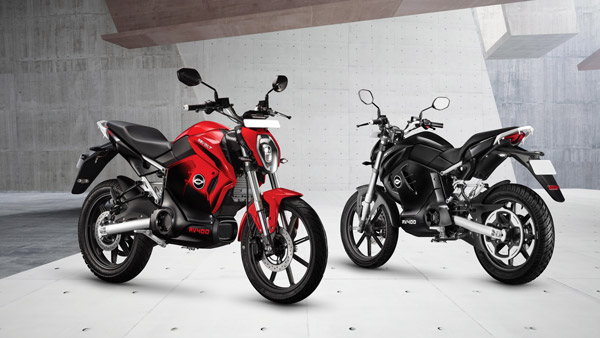
The only common factor between all of these two-wheelers is the battery cells that are imported. Until now, there has been no mainstream production of EV battery cells in India. The cells are imported and then assembled into the battery pack.

These cells have not been developed for tropical temperatures that are commonly found in India. This, it seems is the root cause of the EV fire issue. The Centre for Fire Explosive and Environment Safety has been tasked with probing the EV fires.

Before the results of the probe come out, Niti Aayog Member V K Saraswat commented on the imported battery cells not being suitable for Indian conditions. He was quoted as saying, "Battery technology is an evolving technology. India does not manufacture battery cells at the moment. We should set up our own manufacturing plants at the earliest. We should make sure that whatever cells we manufacture are suitable for Indian conditions of high temperature."
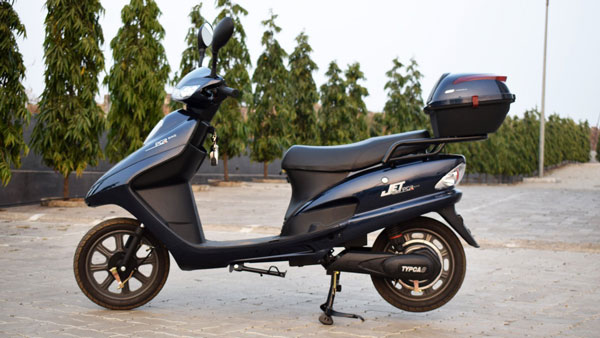
V K Saraswat is a well-known scientist who has immense experience in defence research, in basic and applied sciences. He even served as the Director-General of DRDO and Chief Scientific Advisor to the Minister of Defence. Given this background and his position, it is quite obvious that the statement made by him wouldn't come without sufficient knowledge and research into the subject.

Temperature is a big issue in this case. Temperatures in India are typically higher than in Europe or other countries where these battery cells are made. To add fuel to the fire, quite literally in this case, India is facing a massive heatwave, and temperatures the likes of which were never seen before are currently being recorded across the country.
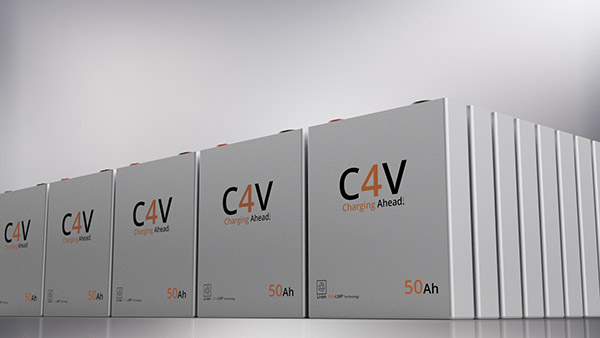
This is an issue only faced by two-wheelers and not four-wheelers. Electric four-wheelers have the space to accommodate a larger and more sophisticated cooling system to deal with excess heat. In two-wheelers though, space is at a premium and therefore the cooling system cannot be as comprehensive.
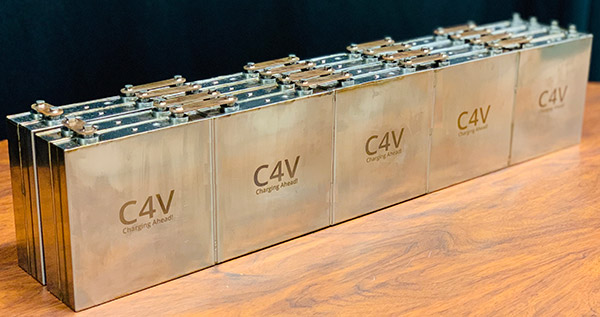
It was only a month ago that the Minister for Road Transport and Highways, Nitin Gadkari had stated there would be a recall of all defective vehicles after the expert panel submits its report. He had also stated that EV manufacturers found to be at fault or negligence in this matter would face strict action.
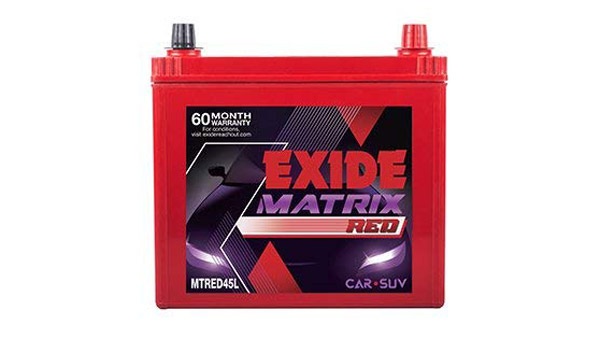
A few days ago, Log9 Materials launched its first made-in-India battery cell and the brand will soon put it into mass production. This battery cell is developed and tested in Indian conditions and is more resilient to tropical temperatures. This might just be the solution EV manufacturers were looking for.
Mr Pankaj Sharma, Co-Founder of Log9 Materials was quoted as saying,"We welcome Shri V K Saraswat's stance on indigenizing Li-ion cells in all earnest and firmly believe this to be a pivotal point in the future discussions around India's self-reliance in EV mobility. Developing cells in-house is critical for India's self-reliance on Li-Ion cell technology. The majority of Li-Ion batteries brought into India are designed for different temperature and climatic conditions."
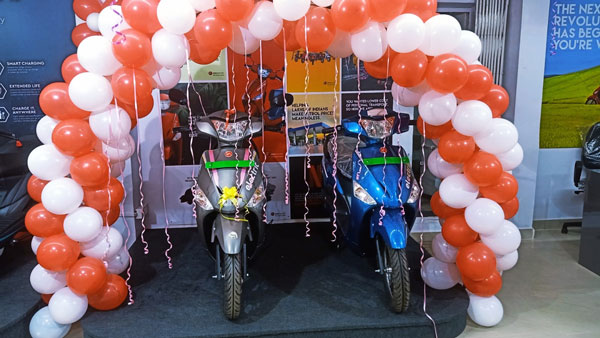
Thoughts On Imported EV Battery Cells Not Being Suitable For Indian Conditions
Electric vehicles are the future, or so they say. While there is a certain truth to the statement, there is no doubt that the EV generation is struggling at the moment, at least on two wheels. More development is needed on the battery front and battery cells need to be developed, tested, and made in India for them to function properly in tropical temperatures.

 2 years ago
68
2 years ago
68



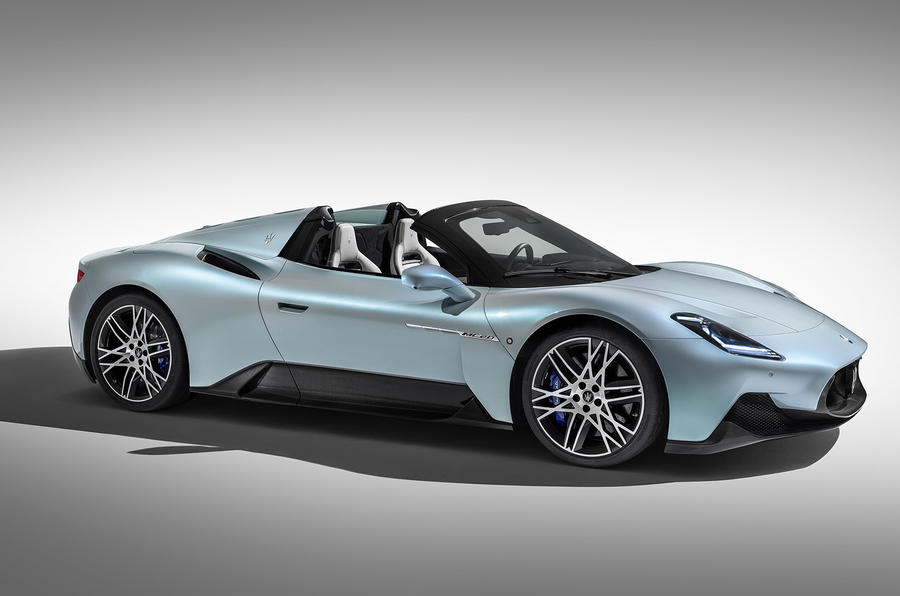




 English (US)
English (US)